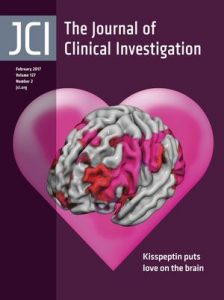 A paper by a promising nanotechnologist has been retracted for data falsification.
A paper by a promising nanotechnologist has been retracted for data falsification.
Dmitri Lapotko, a Belarusian researcher with a background in laser weaponry, made a name for himself at Rice University in Houston, where he studied the use of nanotechnology to diagnose and treat human diseases. That work earned him significant press coverage, including stories in the New York Times and Science.
But that nanobubble may be bursting. The journal Theranostics has retracted a 2011 paper on which Lapotko is the last and corresponding author, citing questions over data falsification. What’s more, another journal has warned readers there may be a problem with a figure in a 2012 paper on which Lapotko is listed as last author.
Lapotko has since left Rice for Masimo Corp., a developer of monitoring devices for patients in the operating room.
According to the Theranostics notice:
Continue reading Prominent physicist loses paper over data falsification
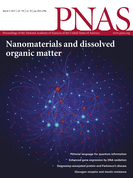
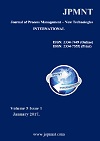 Here’s something we haven’t seen before: A journal based in Serbia recently began listing all the articles it has retracted, all due to plagiarism.
Here’s something we haven’t seen before: A journal based in Serbia recently began listing all the articles it has retracted, all due to plagiarism. Two blog posts are shining additional light on a recent retraction that included some unanswered questions — namely, the identity of the researcher who admitted to manipulating the results.
Two blog posts are shining additional light on a recent retraction that included some unanswered questions — namely, the identity of the researcher who admitted to manipulating the results.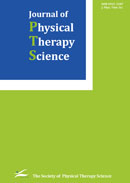
 Researchers have retracted two 2016 papers from the same journal which were published without the permission of the supervising scientists.
Researchers have retracted two 2016 papers from the same journal which were published without the permission of the supervising scientists.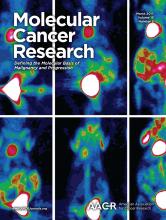 Pfizer has retracted a paper by a former employee who was fired after the company discovered she had been doctoring data.
Pfizer has retracted a paper by a former employee who was fired after the company discovered she had been doctoring data.
